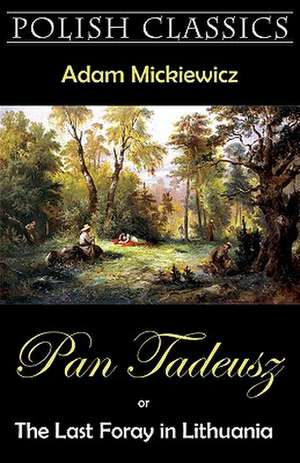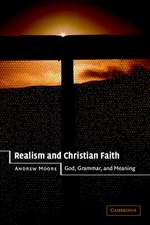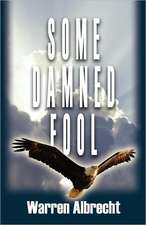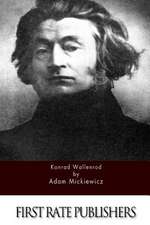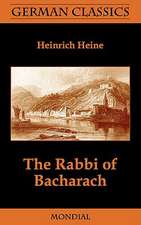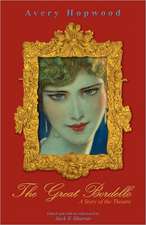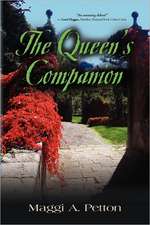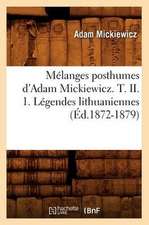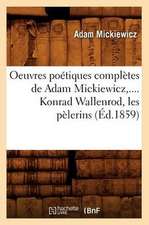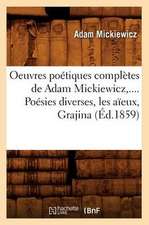Pan Tadeusz (Pan Thaddeus. Polish Classics)
Autor Adam Mickiewicz Editat de Andrew Mooreen Limba Engleză Paperback – 12 apr 2009
Preț: 118.85 lei
Nou
Puncte Express: 178
Preț estimativ în valută:
22.74€ • 23.80$ • 18.93£
22.74€ • 23.80$ • 18.93£
Carte tipărită la comandă
Livrare economică 31 martie-14 aprilie
Preluare comenzi: 021 569.72.76
Specificații
ISBN-13: 9781595691347
ISBN-10: 1595691340
Pagini: 236
Dimensiuni: 140 x 216 x 14 mm
Greutate: 0.3 kg
Editura: Mondial
Locul publicării:United States
ISBN-10: 1595691340
Pagini: 236
Dimensiuni: 140 x 216 x 14 mm
Greutate: 0.3 kg
Editura: Mondial
Locul publicării:United States
Notă biografică
Adam Mickiewicz (1798-1855) is the national poet of Poland. He was successful in every genre at which he tried his hand, setting the benchmark for excellence in poetry, prose and drama for all the writers that came after him. His lyric poems, collected in Ballads and Romances [Ballady i romanse, 1822], ushered in the Romantic Movement in Polish literature. His Erotic and Crimean Sonnets [Sonety mi¿osne and Sonety krymskie, 1826] form one of the most accomplished cycles in that demanding form since Petrarch. His narrative poems, Konrad Wallenrod (1828) and Gräyna (1823), reveal his sustained mastery with longer poetic genres. Mickiewicz's epic in twelve cantos, Pan Tadeusz (1834), is universally recognized as Poland's national epic, as well as the last Vergilian epic written in Europe.Prose occupies a rather minor niche in Mickiewcz's corpus of writings. The quasi-Biblical Books of the Polish Nation and Polish Pilgrimage [Ksi¿gi narodu i pielgrzymstwa polskiego, 1832] put the English reader in mind of a more practicable William Blake. With their socially and politically-applied Christianity, Mickiewicz had an appreciable influence on the thought of his friend, Lammenais. Finally, his Cours de litte¿rature slave professe¿ au Colle¿ge de France, delivered during his exile in Paris, and published posthumously in 1860, is one of the first balanced and comprehensive accounts of the Slavic traditions in literature and culture to meet Western eyes.It is impossible to assess the importance of Adam Mickiewicz to the Polish consciousness. During the period of the Partitions, which lasted from 1795 until 1918, Poles looked to Mickiewicz for the guidance that political figures could not supply them. He died in exile, trying to raise troops in Turkey for the Polish independence struggles.
